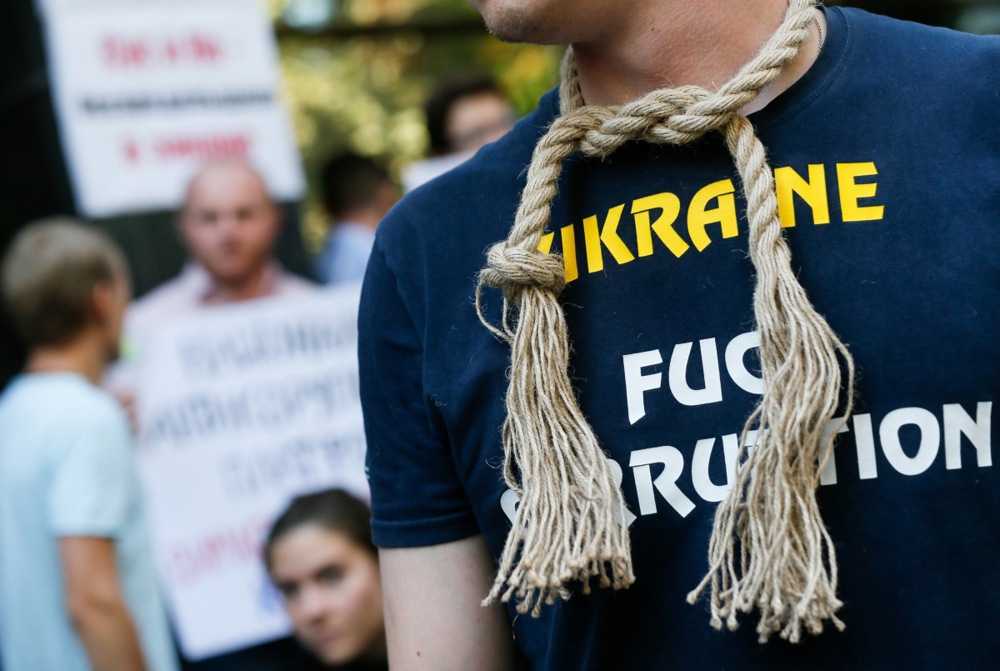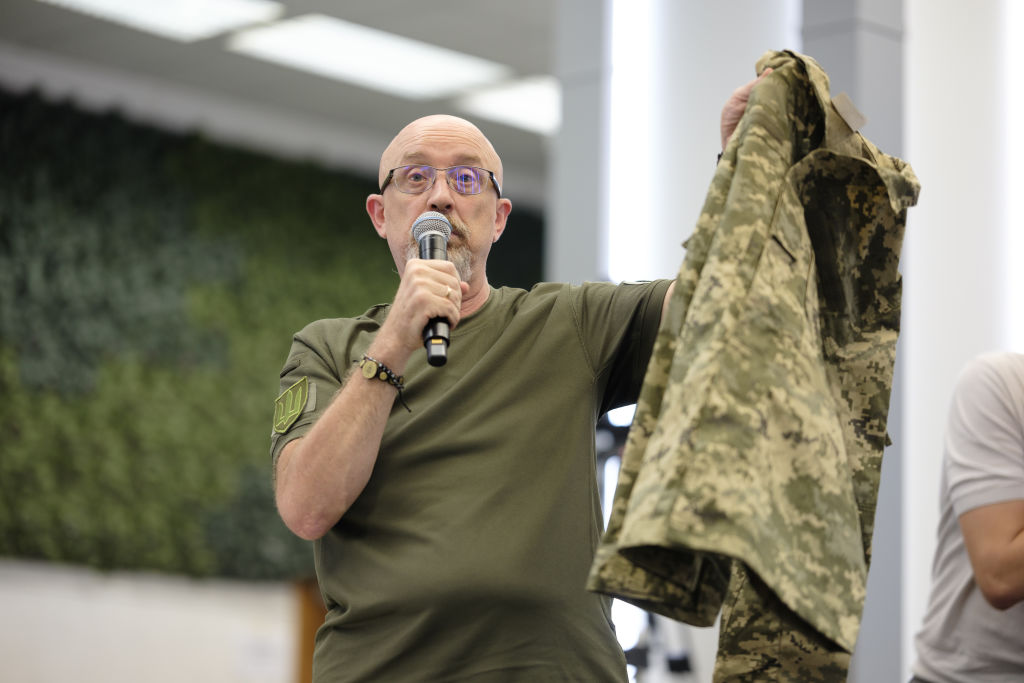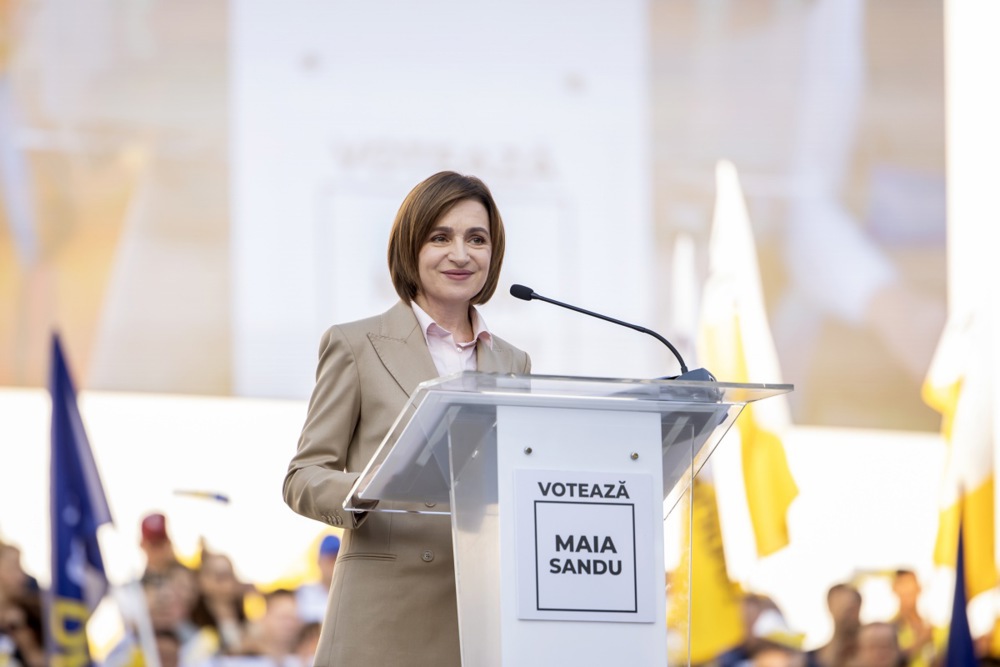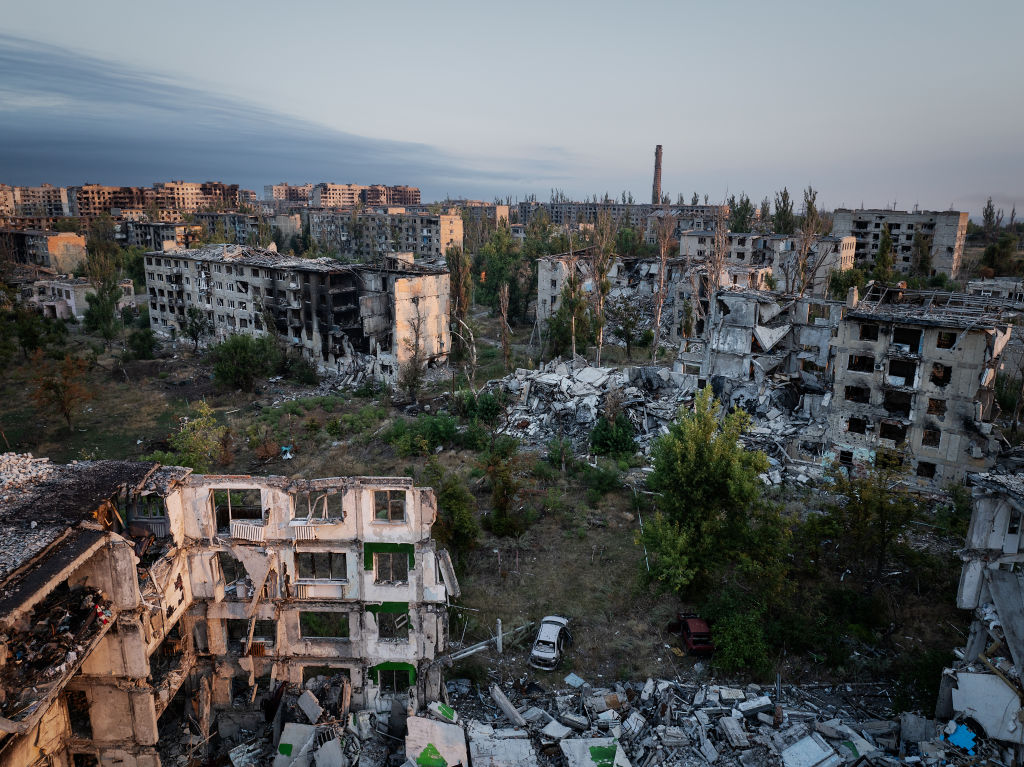Ukraine’s Prosecutor General Andriy Kostin said on Tuesday he had resigned to take responsibility for a scandal in which dozens of officials are alleged to have abused their position to receive disability status and avoid military service.
Kostin’s resignation followed a National Security and Defence Council meeting, where officials discussed how to crack down on corruption and on loopholes being used to get draft deferrals.
It was not immediately clear whether Kostin’s resignation would have an impact on Ukraine’s efforts to hold Russia accountable for its invasion and the subsequent war crimes of which Kyiv, its allies and the International Criminal Court accuse Moscow.
Kostin’s office has recently been rocked by allegations that dozens of local officials, including prosecutors, allegedly misused their positions to obtain disability status.
“The Prosecutor General must take political responsibility for the situation in the prosecution bodies of Ukraine,” President Volodymyr Zelenskiy wrote in a strongly worded statement published on social media after the council meeting.
Kostin’s resignation statement followed minutes later. The prosecutor called the situation around the false disability diagnoses “clearly amoral” and agreed with Zelenskiy about the need for personal responsibility.
“In this situation, I believe it is right to announce my resignation from the position of Prosecutor General.”
The prosecutor’s office faced the brunt of public ire from the scandal after a Ukrainian journalist published a story last week saying 50 prosecutors in the western region of Khmelnytskyi had been registered as disabled.
Kostin subsequently ordered an investigation, which he said had discovered the number of prosecutors in the region with disabilities was 61, and that 50 of them had been registered disabled before the war.
“It is very important to establish why they were granted disability status, because the share of such employees in Khmelnytskyi region is very high,” he said.
The chief prosecutor’s resignation still needs to be approved by parliament, where Zelenskiy’s party holds a majority. After the president’s call for responsibility, it appeared overwhelmingly likely that parliament would approve it.
“It is not only prosecutors, by the way. There are hundreds of cases of obviously unjustified disability (statuses) among customs and tax officials, in the Pension Fund system, and in local administrations,” Zelenskiy said in his evening address.
“All this must be dealt with carefully and promptly.”
Zelenskiy ordered his cabinet to urgently draft a law reforming the disability assessment system so that the existing medical commissions would be dissolved by the end of 2024.
An executive order published on Zelenskiy’s website after Tuesday’s meeting stipulated that the commissions’ decisions must be checked within three months by a newly established working group.
Within hours of the meeting of the National Security and Defence Council, Prime Minister Denys Shmyhal announced top-level dismissals: the management of the central commission overseeing fitness for service and senior officials in the Health Ministry coordinating local commissions’ activities.
Ukraine’s domestic security service, the SBU, said on Tuesday that 64 members of medical commissions had been named as suspects in criminal investigations in 2024, and nine more had been tried and found guilty.





